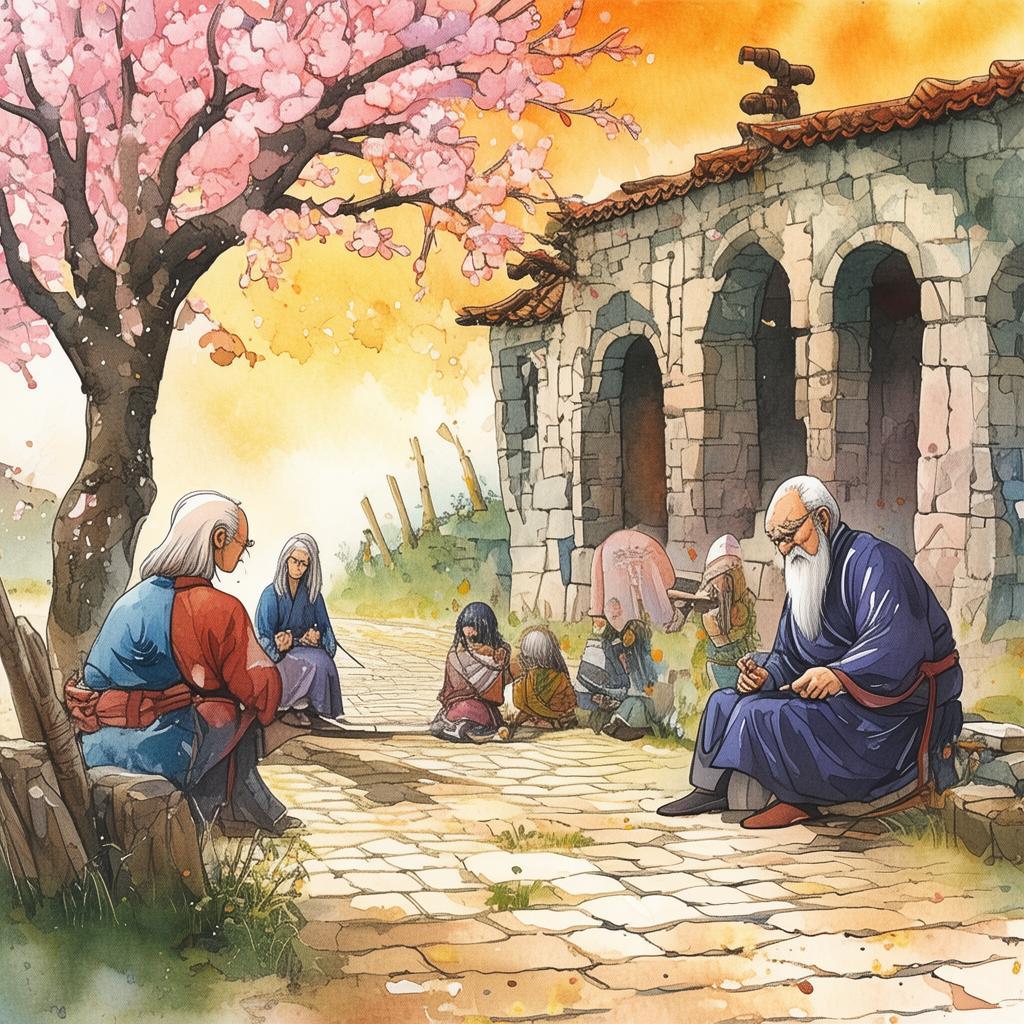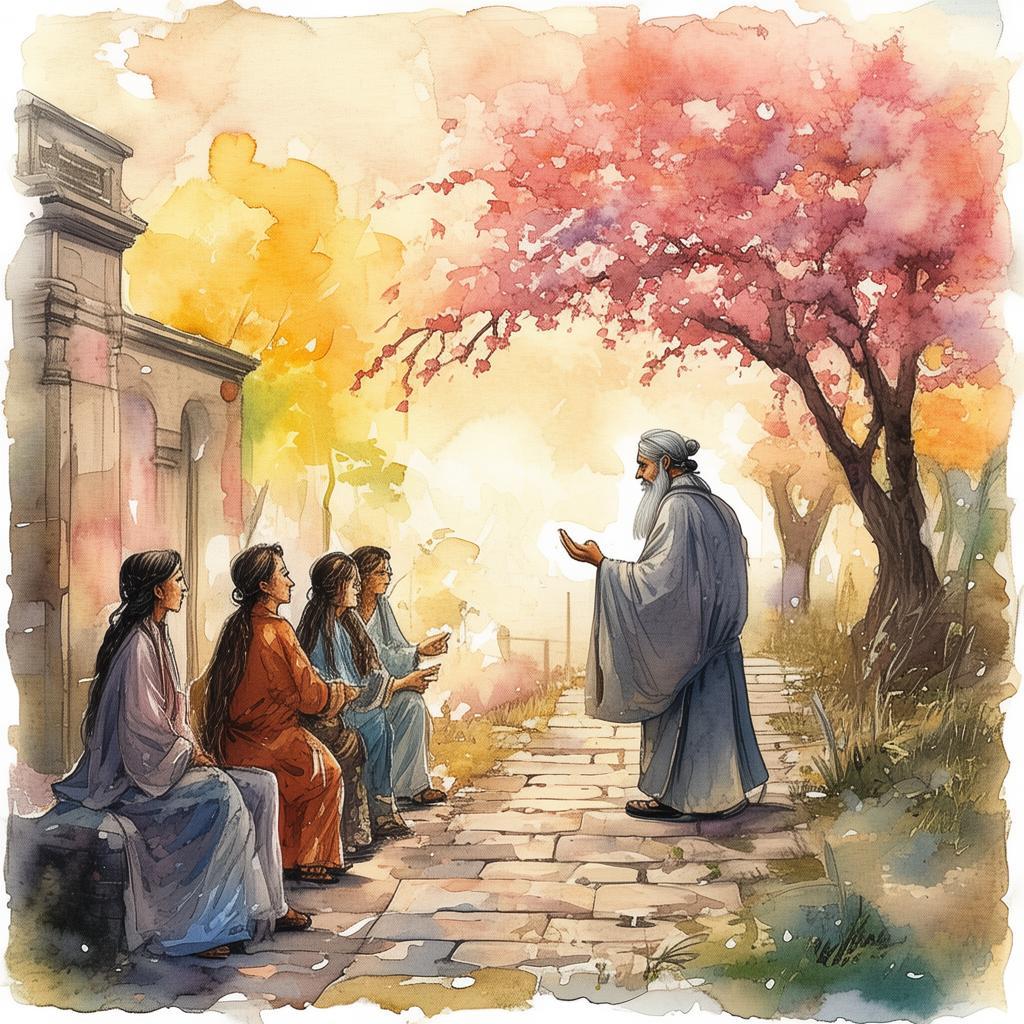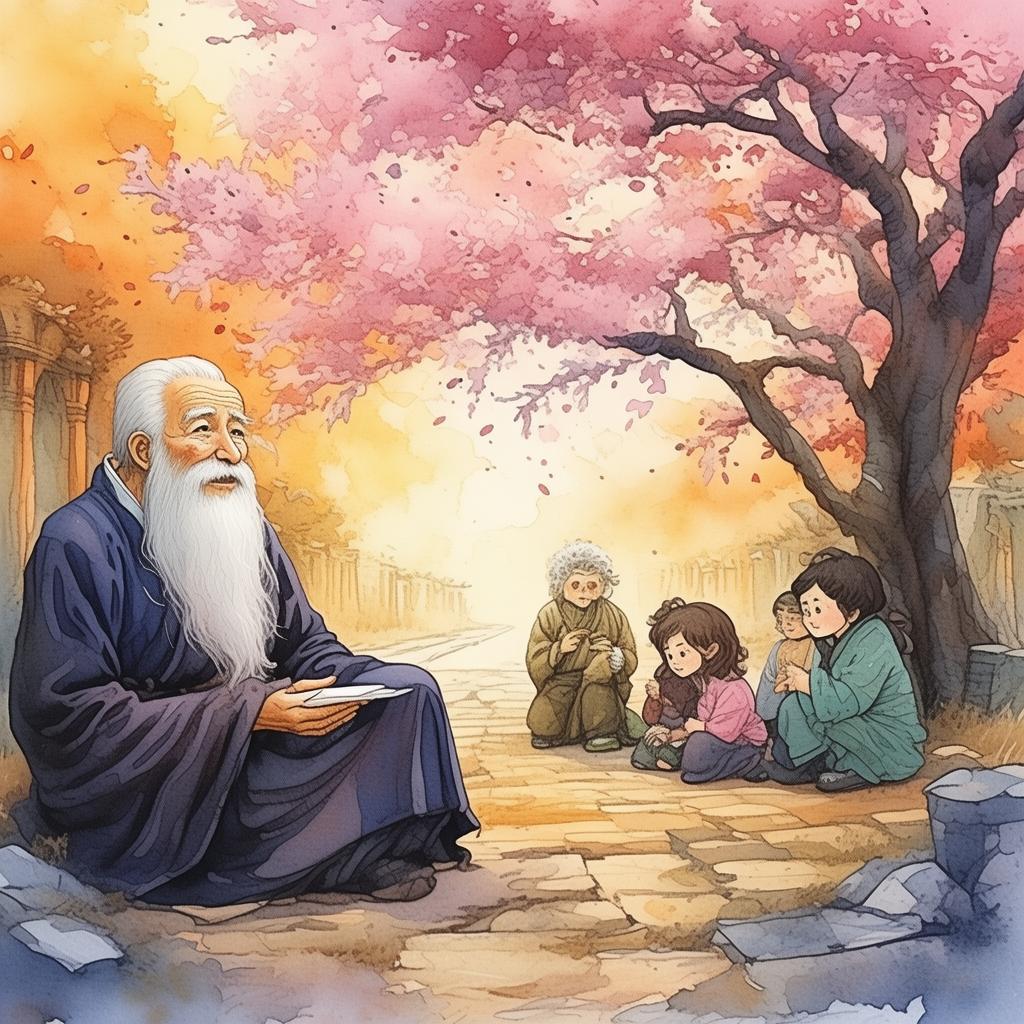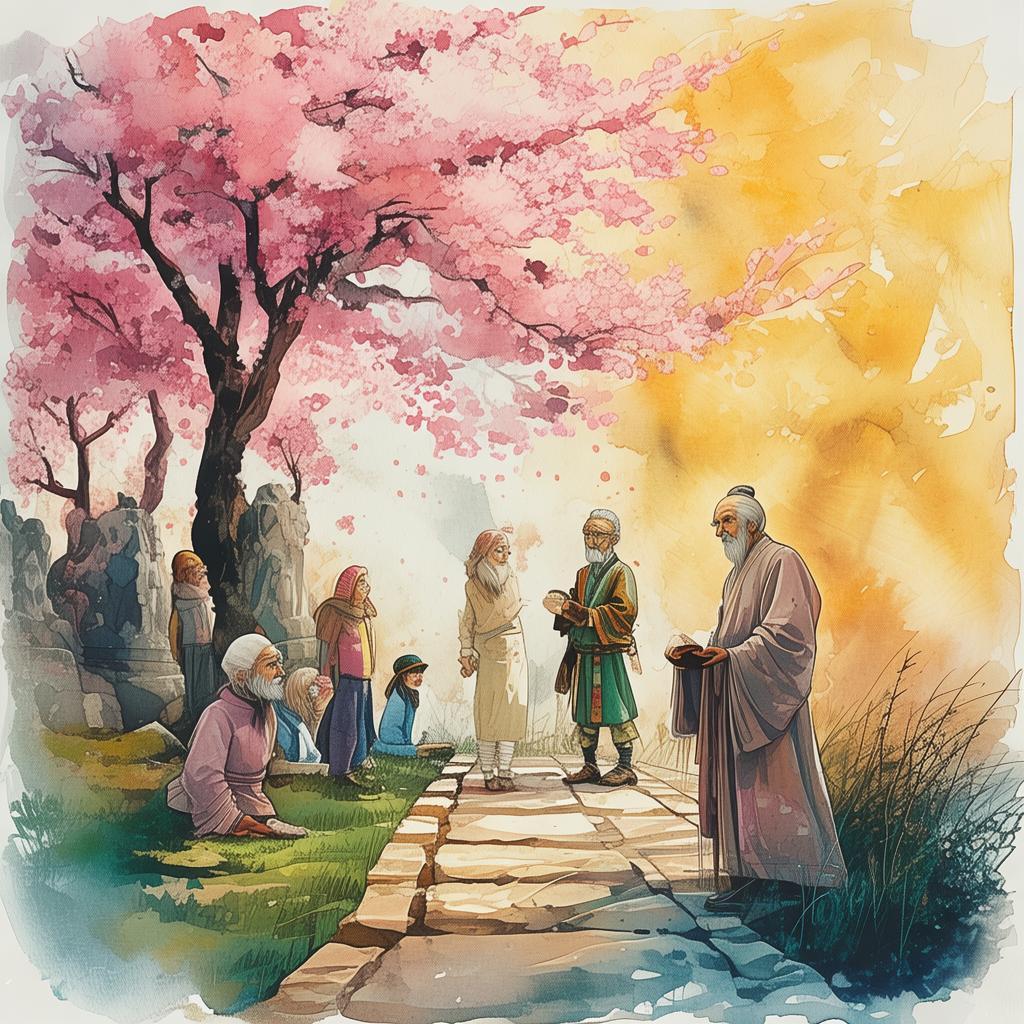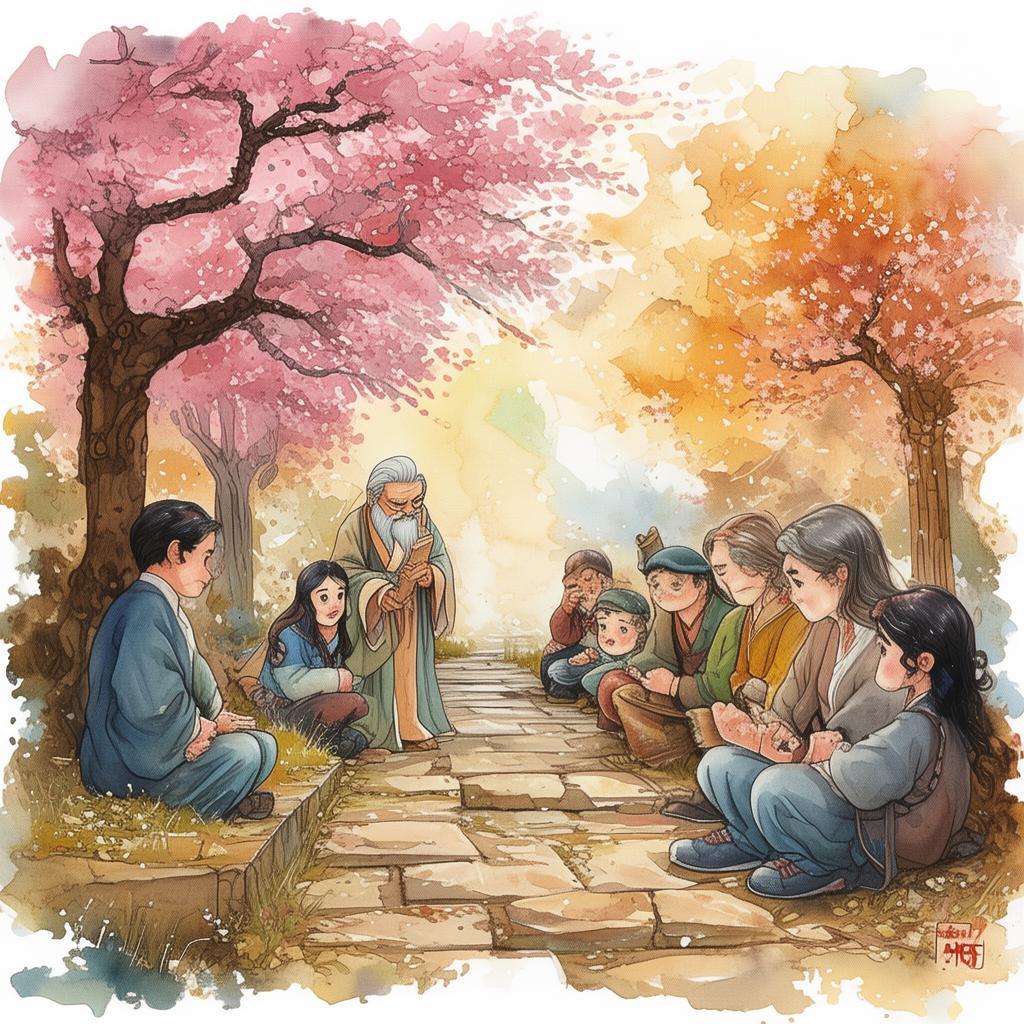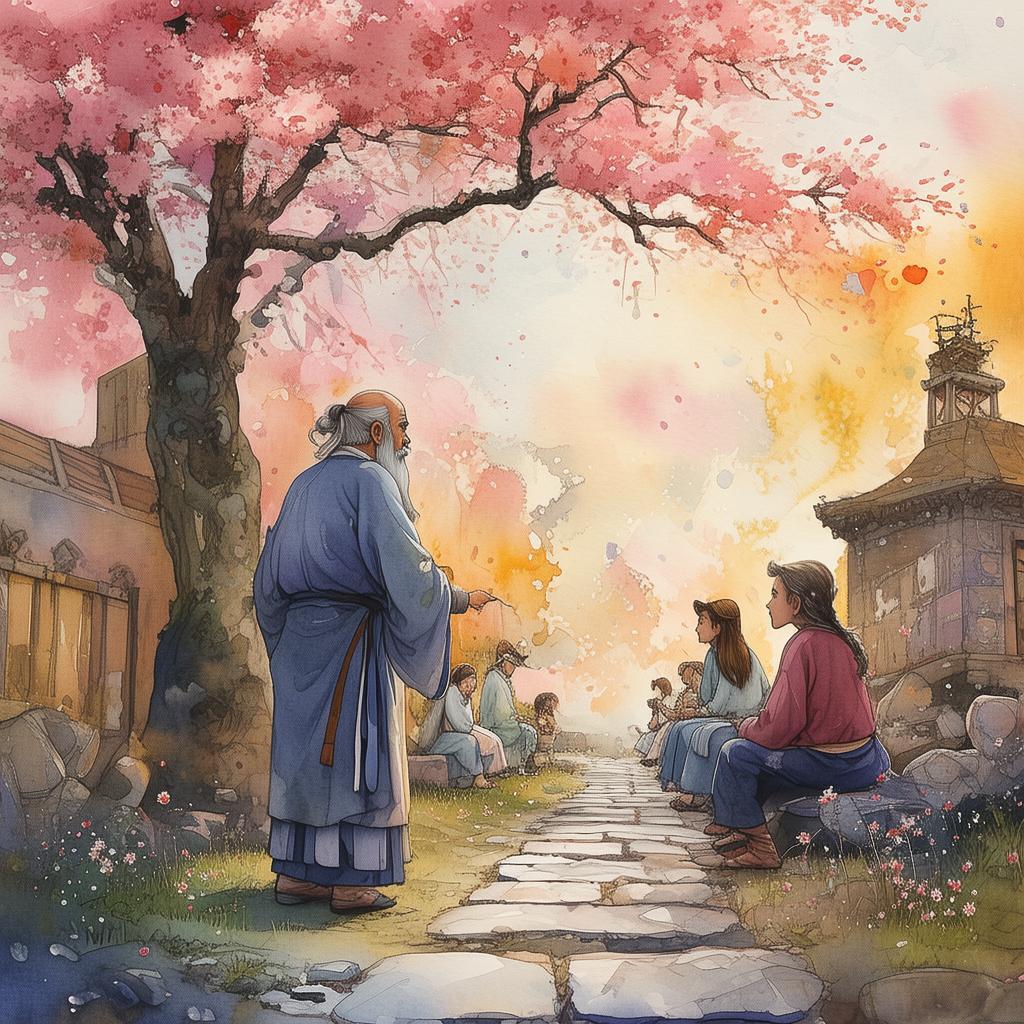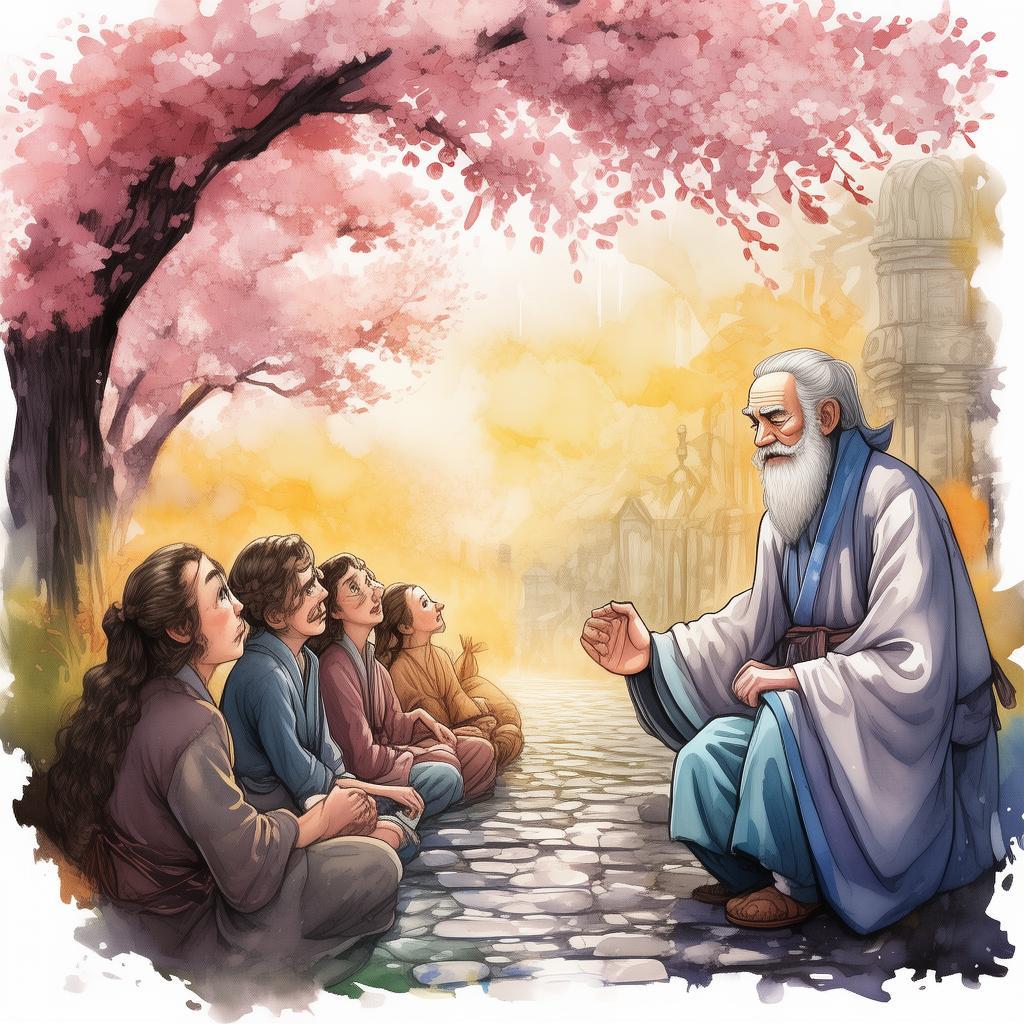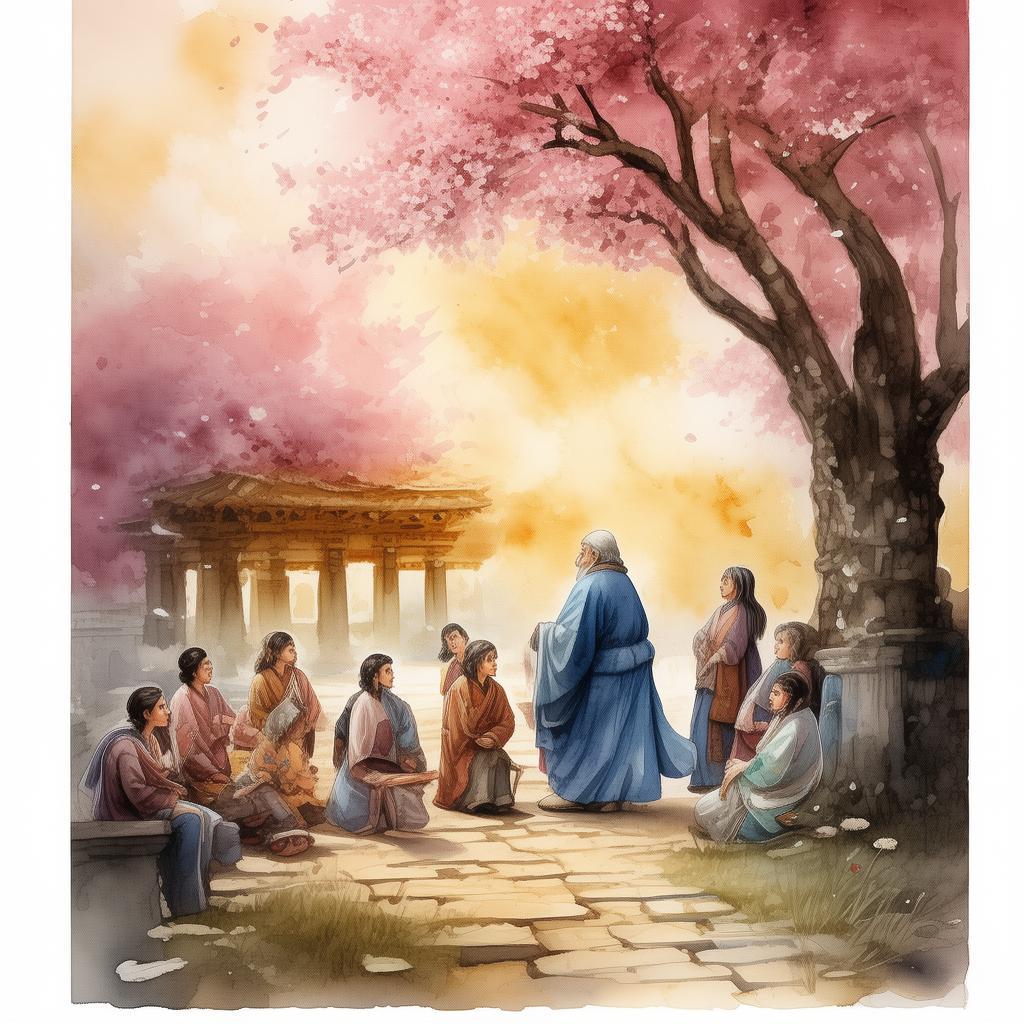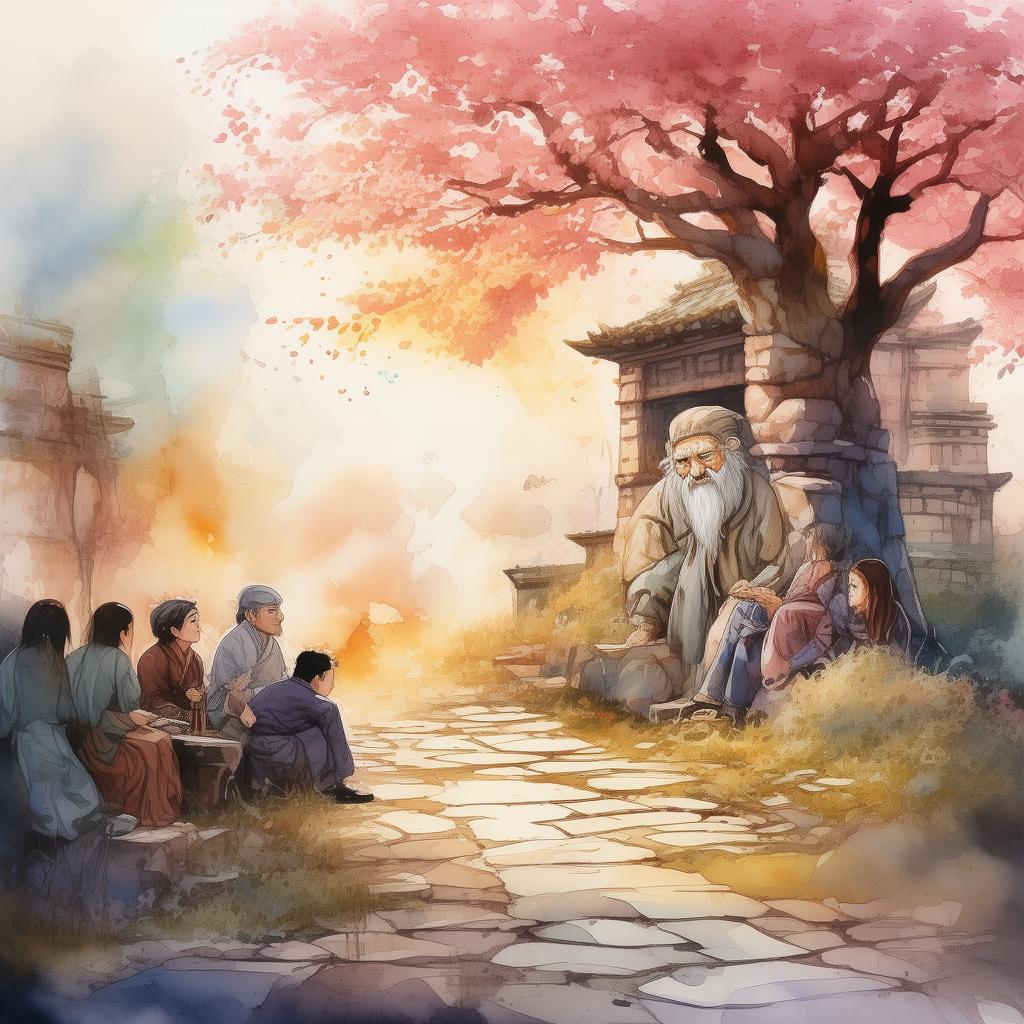The Pen That Betrayed: The Ghostwriter's Resurrection
In the heart of ancient Shanghai, where the echoes of the past mingled with the roar of the modern city, there lived a ghostwriter known only by his pseudonym, "Shadow Ink." His stories were masterpieces, weaving tales that captivated the masses. Yet, in the annals of time, the name of the real author remained shrouded in mystery.
Shadow Ink's latest novel, "Deadly Delusion," was poised to be his magnum opus, a tale of a writer whose pen becomes a vessel for the spirits of the departed, leading to their resurrection and a web of deceit. As the story unfolded, the author found himself haunted by the very characters he had created, each one a specter of their own tragic past.
One fateful night, as the final chapter of "Deadly Delusion" was penned, the author felt a strange presence. It was as if a shadow clung to him, whispering secrets from the grave. His pen, once his trusted companion, now seemed to have a life of its own, writing words he could not control.
The first sign of betrayal came when the publisher received the manuscript. To their astonishment, the final chapter had been altered, with a cryptic message inserted: "The pen that betrayed me now holds the key to my resurrection." Alarmed, the publisher sought out the author, who was found in a state of shock, his pen lying abandoned on the desk.
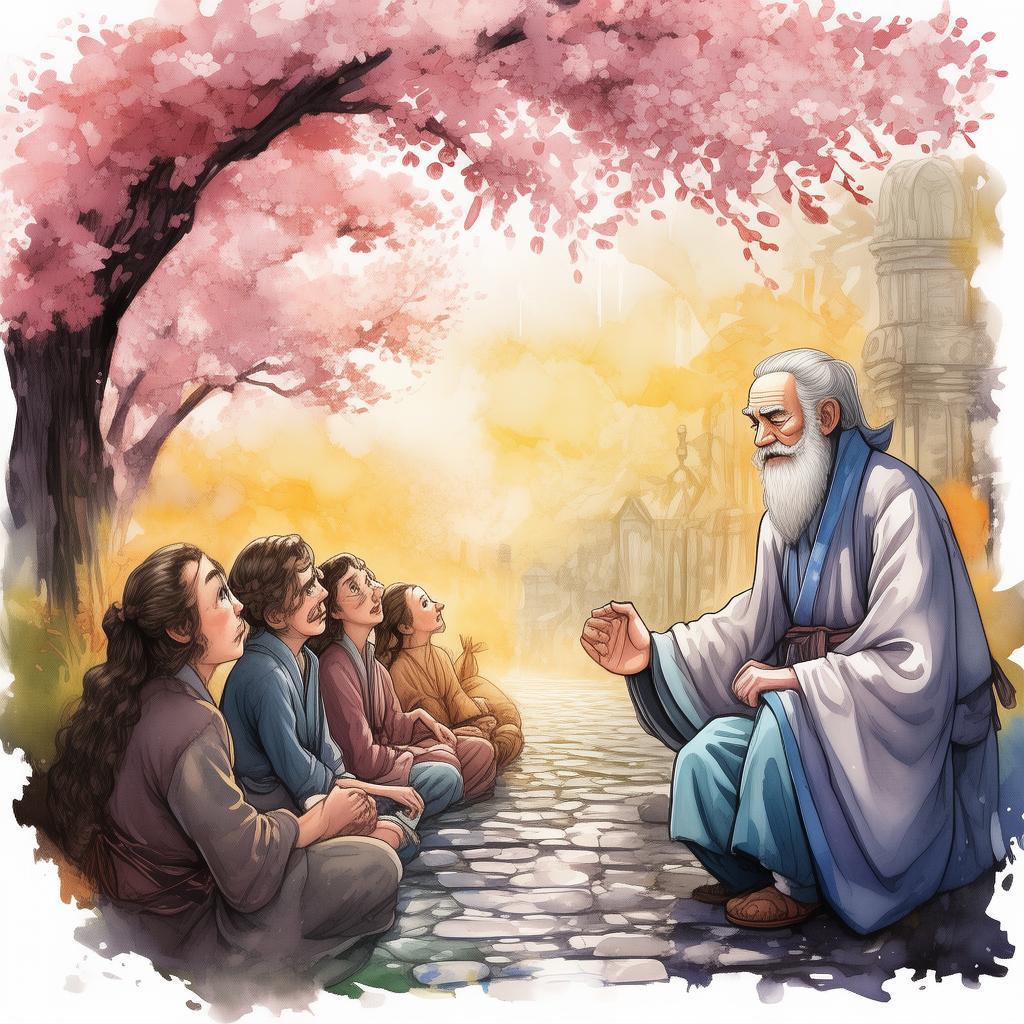
As the story spread, it became the talk of the town. Some believed the author had gone mad, while others whispered about curses and malevolent spirits. The publisher, desperate to save the reputation of their company, decided to hire a detective, Xiao Mei, to uncover the truth behind the mysterious alterations.
Xiao Mei, a skilled detective with a penchant for the supernatural, began her investigation by interviewing the author's friends and acquaintances. She learned that the author had been working on "Deadly Delusion" for years, often speaking of a ghostly presence that guided his hand. The more she delved, the more she realized that the author's story was interwoven with her own.
Xiao Mei discovered that the author had once been a war correspondent, covering a tragic event that had haunted him ever since. The story of "Deadly Delusion" was his attempt to confront the ghosts of his past. The pen, it seemed, was a vessel not just for the spirits of the characters he created, but for his own inner turmoil.
The key to the pen's betrayal lay in the author's own heart. The pen was a metaphor for his own past, a part of him that he had tried to suppress but which now demanded to be heard. The cryptic message was a call to action, a sign that the author needed to face his inner demons.
As Xiao Mei helped the author confront his past, they uncovered a web of deceit involving the publisher and a rival author who had been using the author's name to publish their own works. The pen had been altered by the rival author, who sought to discredit the real author and take credit for the masterpiece.
With the truth uncovered, the author, now known as "Resurrected Ink," decided to rewrite the final chapter, incorporating the lessons he had learned from his journey. The story was re-released, and this time, it resonated with readers on a deeper level. The pen, once a symbol of betrayal, now became a symbol of redemption.
The author's journey was complete, but the pen continued to write, each word a testament to the power of truth and the strength found in facing one's inner shadows. And so, the legend of Shadow Ink, now Resurrected Ink, lived on, a reminder that sometimes, the pen that betrays us can also be the key to our salvation.
In the end, the author found that the true power of his pen lay not in the stories he wrote, but in the courage to face the past and the resilience to overcome his innermost fears.
✨ Original Statement ✨
All articles published on this website (including but not limited to text, images, videos, and other content) are original or authorized for reposting and are protected by relevant laws. Without the explicit written permission of this website, no individual or organization may copy, modify, repost, or use the content for commercial purposes.
If you need to quote or cooperate, please contact this site for authorization. We reserve the right to pursue legal responsibility for any unauthorized use.
Hereby declared.
